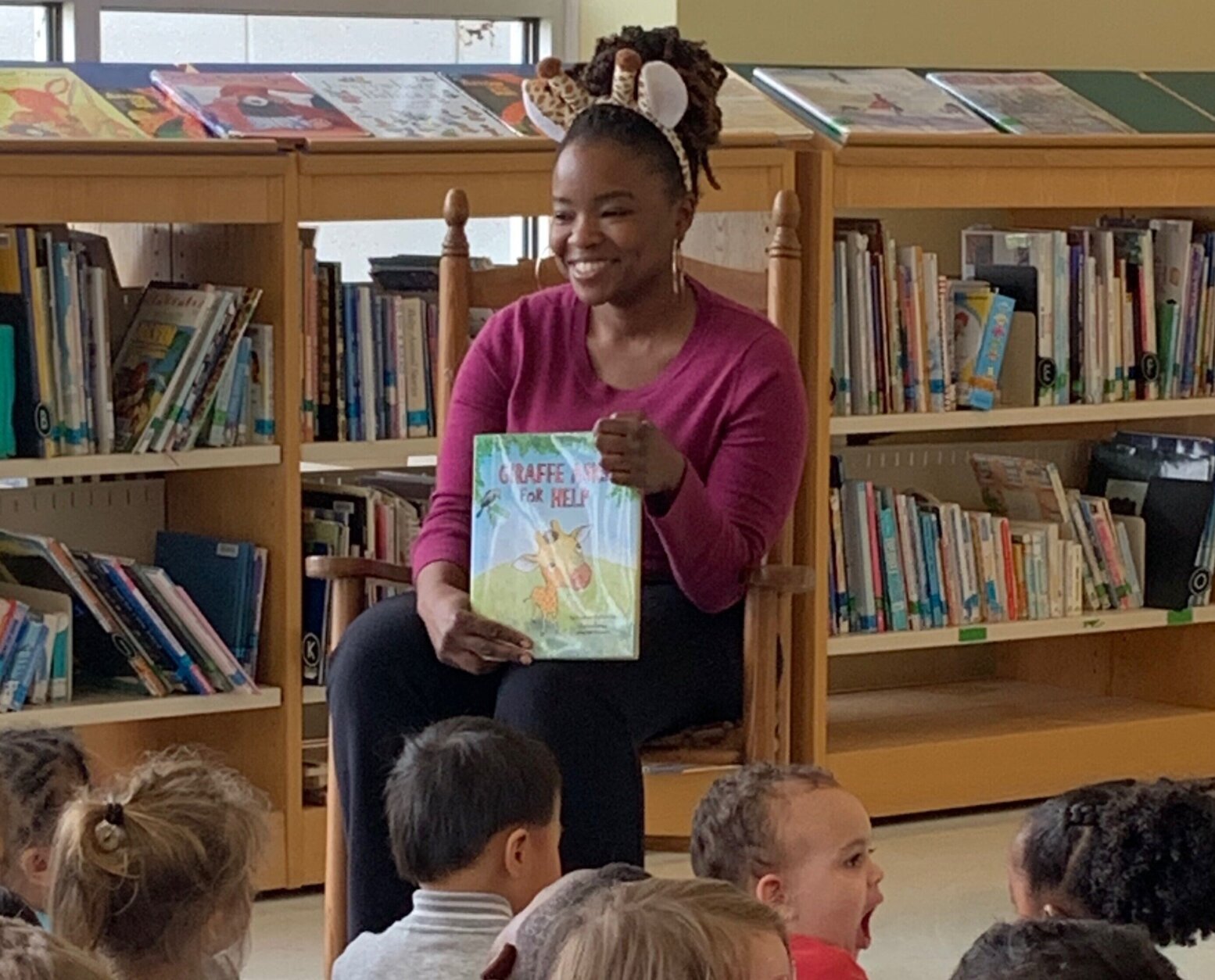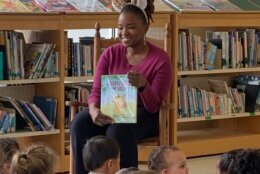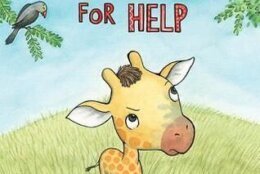





This holiday season may be especially tough for people grieving sudden losses of life from the opioid crisis or COVID-19. A D.C therapist has advice for how to cope and to offer support.
“This is the first time a lot of people are seeing family after not seeing them for the past year and some change. So it’s going to be new, to readjust … to just seeing people you haven’t seen in a long time, and … seeing people when you’ve experienced loss,” said Dr. Nyasha Chikowore, a clinical psychologist with the Capital Center for Psychotherapy and Wellness.
“Due to COVID, a lot of people also didn’t get to go to funerals or didn’t get to grieve properly. So this is the first time that they’re seeing family members that they would have grieved with but weren’t given the opportunity to,” she said.
Chikowore believes people may be triggered by seeing other people who are exceptionally sad and then experience grief themselves, which will be a sensitive, hard thing to deal with.
Her advice for people experiencing grief:
- Be gentle with yourself and others
- Honor your feelings: Cry, acknowledge the sadness, journal, write your loved one a letter
- Take time off from work/school if you can; step away from responsibilities; give yourself a break
- Surround yourself with chosen family or loved ones as needed
- Create new traditions: Sometimes doing things you used to do with your loved one can feel painful. It’s OK to start something new
- Ask for help from family and friends
Chikowore is author of the book “Giraffe Asks For Help,” a children’s tale that teaches that reaching out for help is not a bad thing. Adults can also learn something from that advice.
“Ask for the support you need. Go to therapy — because that’s always a great resource. Join a support group with other people who have experienced loss and just let people know what you’re going through and how they can support you, as well,” she said.
Advice for people seeking to support someone’s grief:
- Take action; instead of asking “How can I help?” get them their favorite food, drink, flowers, or plan an activity with them
- Give them space and time to talk about their loss, and try not to treat it like a “no go” topic
- Share your own experience with loss and how you’ve been able to cope.
Tips to help families cope with the loss of a loved one:
- Make time to memorialize lost loved ones; honor your loved one(s) by volunteering, giving to charity, or creating a scholarship or fund in their name.
- Know that everyone grieves in their own way perhaps not crying, but withdrawing, etc.
- Fill the time together with positivity through holiday plans, such as a game night, arts and crafts, making s’mores, volunteering/community service
- Be aware of your boundaries and saying no when something doesn’t feel good
- Create new traditions
“I think one thing that everyone should remember is that everyone is going through some kind of loss,” Chikowore said. “And just to be gentle with ourselves and others, and most importantly, to ask for help.”








